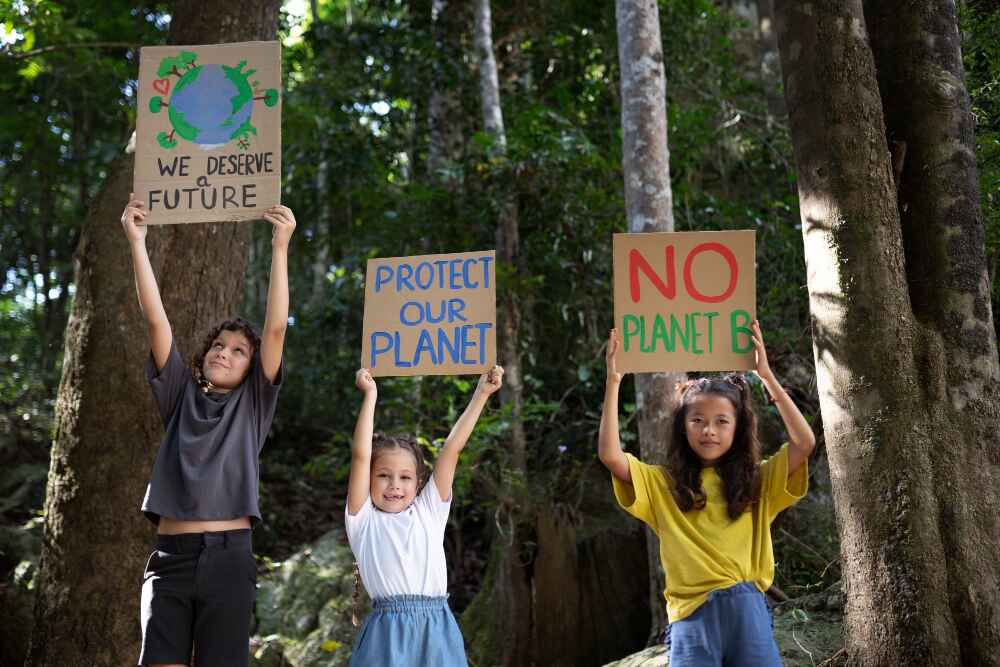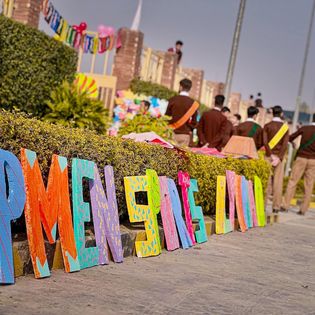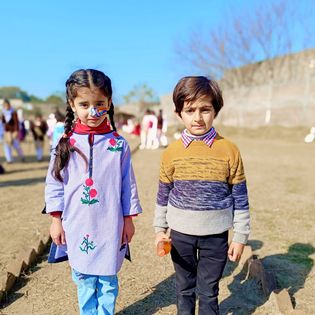

Peshawar Model Educational Network has established itself as a renowned name in the educational sector, consisting of twenty-five institutions including schools, colleges, and a university.
Our Location
- HRDC, Dalazak Road, Peshawar
- contact@pmen.com
- +92-91-5266201







